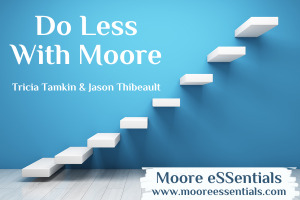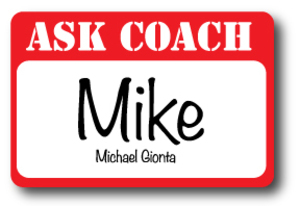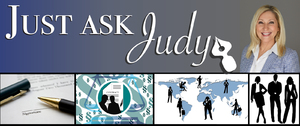Teamwork is a much-overused word and is applied to a variety of situations and circumstances. I would like to focus on teamwork in a corporate setting, but first would like to provide some context here in other settings and current events where teamwork both failed and succeeded.
- The Uvalde shooting, with 376 officers from 5 different law enforcement units were on the scene, with each unit with well-developed hostage protocols. Yet no one took the lead in a teamwork effort and as we now know the fatal consequences, documented by security cameras with officers retreating from a lone gunman.
- If you follow the NBA, the pre-season favorites to win the 2022 NBA championship were The Brooklyn Netsand LA Lakers each with 3 all-stars, but with individual agendas that superseded a teamwork ethos and none of them even got close to a championship. The Golden State Warriors playing as a team won the crown with an unbeatable combination of teamwork and loyalty, surrounded by a culture of selflessness.
So now let’s look at teamwork in entrepreneurial corporations and see similar winners and losers. I will discuss 3 tech legends who have mastered teamwork and loyalty:
A. Apple started by Steve Jobs and Steve Wozniak, working out of their Silicon Valley garage. Woz was the super techie while Jobs was the marketer and a true visionary. Today the management culture through trials and tribulations, of Jobs exit and return as a more mature and well-rounded CEO, his untimely death and succession by Tim Cook. Job’s successor continued creating enhanced products, primarily building on new versions the iPhone. The customer loyalty displayed by Apple users is almost a cultlike following, trading up to the next marginally modified devise. Today’s Apple massive “Death star-spaceship” campus headquarters, reinforces their employees sense of uniqueness, futuristic vision, and teamwork comradery. A truly unique blend of teamwork and loyalty. Sales are $365 mil with an amazing $95 mil profit
B. Microsoft which started about the same time as Apple by boyhood friends Bill Gates and Paul Allen. Both of whom were very tech savvy. Their big breakthrough was the creation of the Windowsoperating system for with application on their MS office, Excel, Assess and their integrated MS Office. They, like Apple, have a diehard user base, a succession of improvements/innovations gobbled up as fast as them released them. Gates was a geeky spokesman who created a suburban mini–Silicon Valley in Seattle. The company fostered an atmosphere of dedicated team members with continued growth and profitability with $170 Bil, and also a huge $60 bil profit, now into AI with a social responsibility championed by Mr. Gates/Gates foundation.
C. Google (now Alphabet) was founded by
Larry Page and
Sergey Brin while both were Stamford PhD students. The company’s culture in embodied on their phrase “do no evil”, and a huge access to information (just Google it), focusing on providing the best products and services. Their staff was typically allowed to use 10% in time pursuing their ideas. Although it started out conquering the “search” world. It has very laudable social goals and leading-edge products from Google Earth and YouTube to AI and TV and retain futurists like Ray Kurzweil in this regard. This has helped them attract some of the best and brightest to work in teams and help in retention. New CEO’s have maintained this vision. Revenue has grown to $260 Bil with a $75 bil profit. It should be noted that other social media platforms have tarnished their image.
How will you create the kind of teamwork/environment that separate your from your competitors? What can you do to create an atmosphere that encourages being part of a dynamic team, vs. losing people to other companies who pay a higher salary? What can you do that makes your team want to be valued contributor to a topflight company? How can you attract the best and brightest? Do you have a mission or plan to at least not flame out well before the next downturn or fad ends like: Radio Shack, Red Robin, Blockbuster, 23 Hour Fitness, shopping mall stores, or even a string of taco trucks; all of whom didn’t redeploy their assets from a clearly declining market happens.





